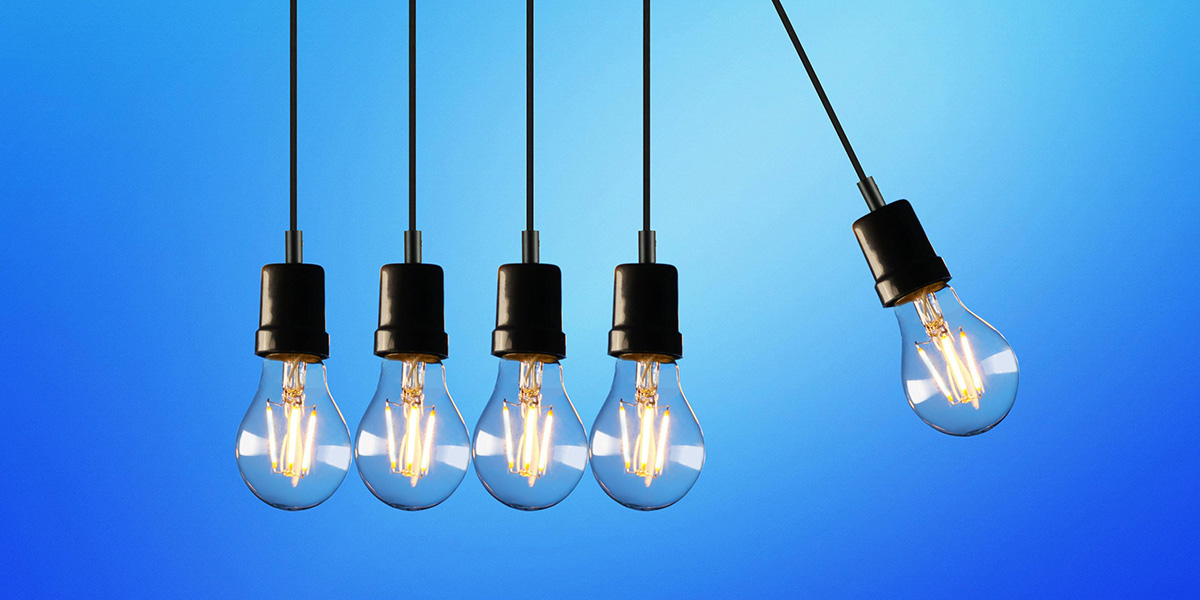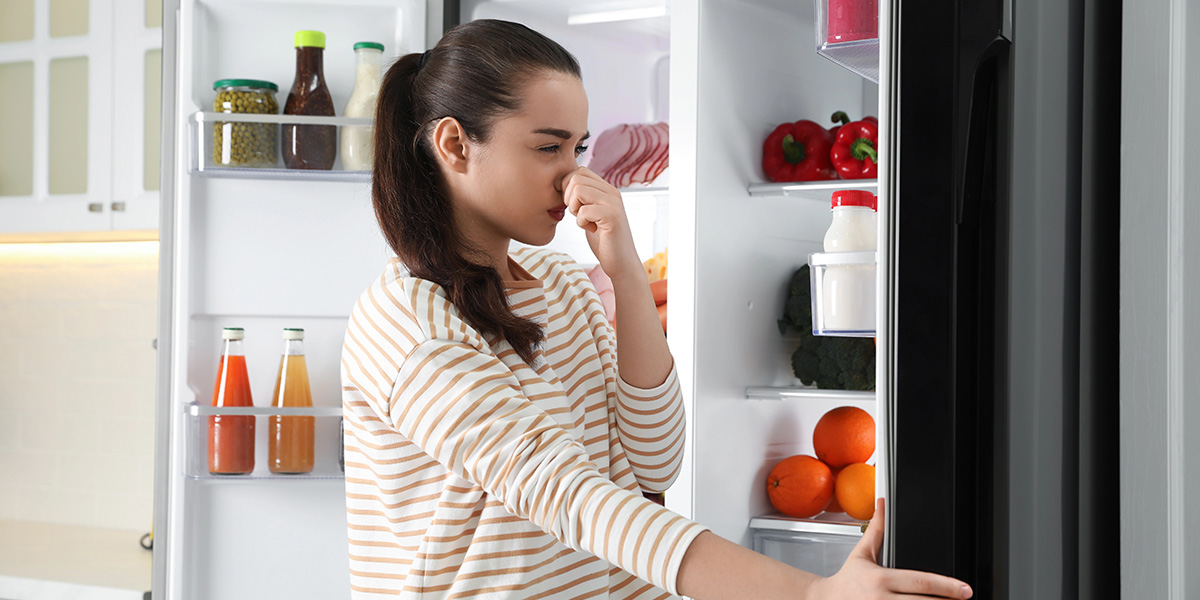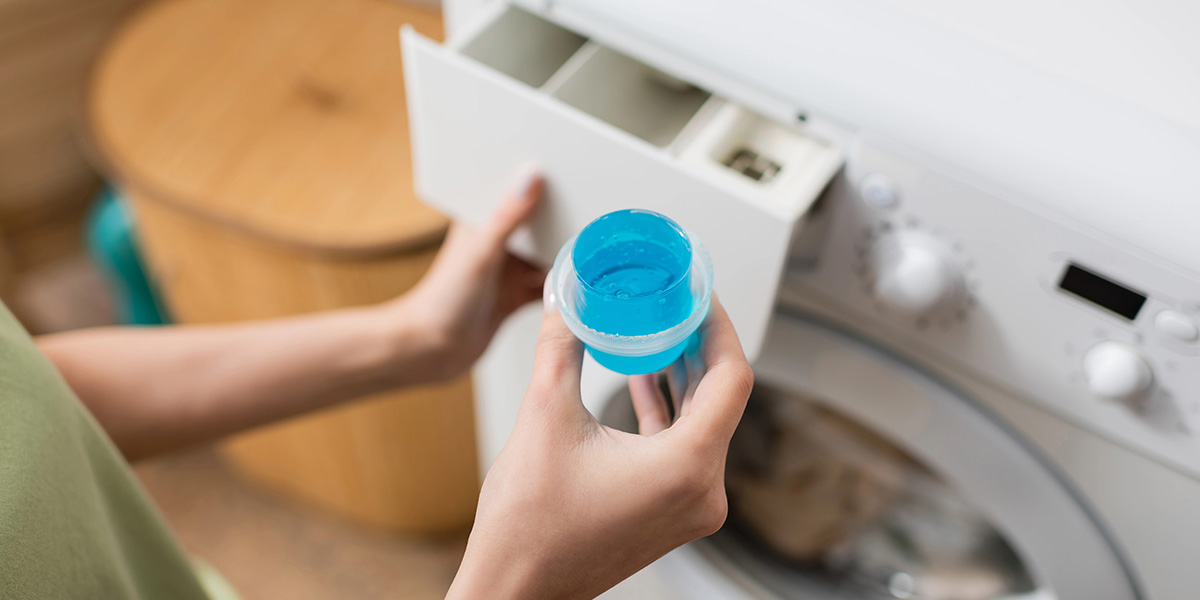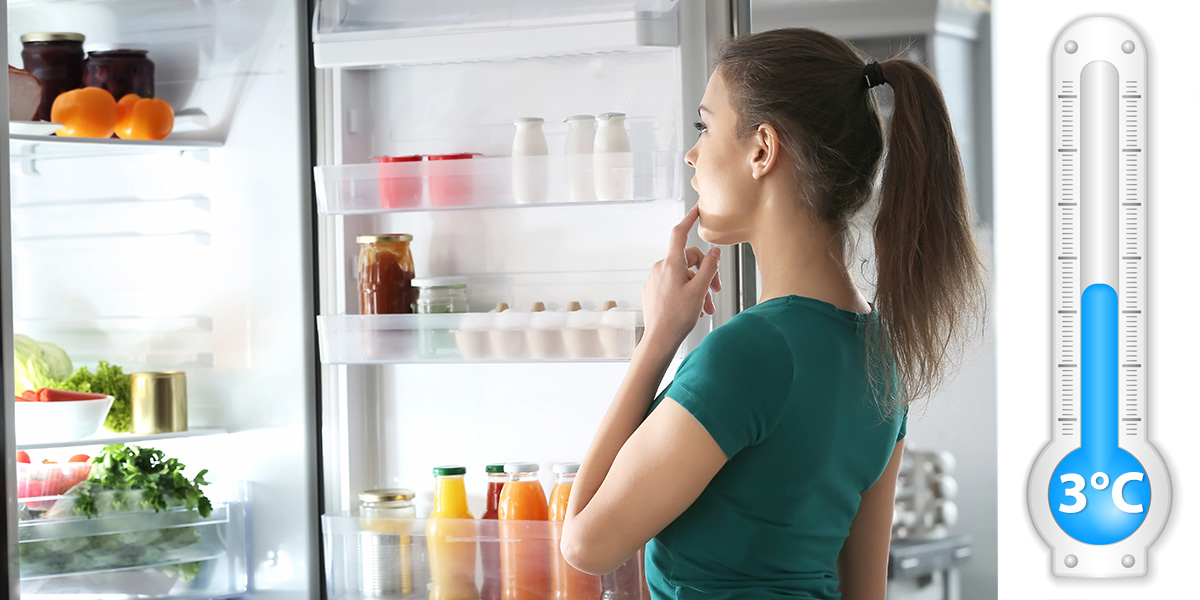At Repairs4U we are always ready to help our customers with advice on how to take better care of their kitchen appliances not only when it comes to repairs, but also extending to tips on how to save energy when using them. This is even more relevant today, when people all over the world have financial struggles. Here are a few useful practices you can easily implement into your daily routine.
1. Use Low-Energy Consumption Appliances
When buying kitchen appliances, make sure to research the different brands and models, and choose the most energy-efficient ones. Find the Energy Star label that shows energy consumption ratings, and how the appliances abide by energy efficiency guidelines. Buying the one with the lowest energy consumption will ensure that you save money in the long run.
2. Optimise Refrigerator Use
Usually, refrigerators are the biggest consumers of energy between the kitchen appliances. Make sure the fridge and freezer are not overloaded to allow optimal air circulation. Regularly clean the coils, and ensure the door seals are not damaged, and the refrigerator is tightly closed.
3. Dishwasher Energy-Saving Practices
Make sure to scrape off food instead of rinsing the dishes before loading them in the dishwasher– this will save energy, as well as water. Only run your kitchen appliance when it’s fully loaded, and opt for an energy-saving cycle. Additionally, you can air-dry or wipe-dry the dishes – this will significantly reduce energy consumption.
4. Cook Smart
A few changes can have a significant effect on energy consumption when it comes to cooking. If you are not already doing it, use the right-sized pots and pans on the hobs – heating up a big hob when using a small pan doesn’t cook the food faster, it only wastes energy.
- Some food could easily be heated up in a toaster or a microwave instead of oven, and those two kitchen appliances use less energy.
- Additionally, you can lower your energy consumption by planning your meals and cooking several dishes at once when the oven is on, instead of heating it up and then turning it off for every one of them.
- Make sure to place lids on pots and pans – they trap the heat, which helps the food cook faster.
5. Oven Energy-Saving
While cooking, avoid opening the oven door too often. This will elevate energy consumption as the oven needs to maintain the temperature required by the setting. You may prefer to use the convection settings when applicable, as the food is cooked faster, and more evenly. Make sure to clean your oven regularly to ensure its efficiency.
6. Unplug If Not in Use
Always try and unplug your devices when they are not being used. This will lower your energy costs, as most kitchen appliance use electricity even when on a stand-by.
7. Utilise Energy-Saving Settings
Energy-saving settings apply to most modern kitchen appliances. Using features such as half load in washing machines or dishwashers, or energy saver mode in refrigerators can make for significant savings on your electricity bill.
8. Regular Maintenance and Repairs
When it comes to energy efficiency and cost savings, the regular maintenance and timely repairs of your kitchen appliances make all the difference. Having a professional kitchen appliances repair engineer look into a minor issue can prevent it from escalating into a major problem that is most likely to increase energy consumption.
Repairs4U provides a wide range of maintenance and kitchen appliance repairs services in London, helping our customers by ensuring their kitchen devices run smoothly thus reducing energy and costs.





